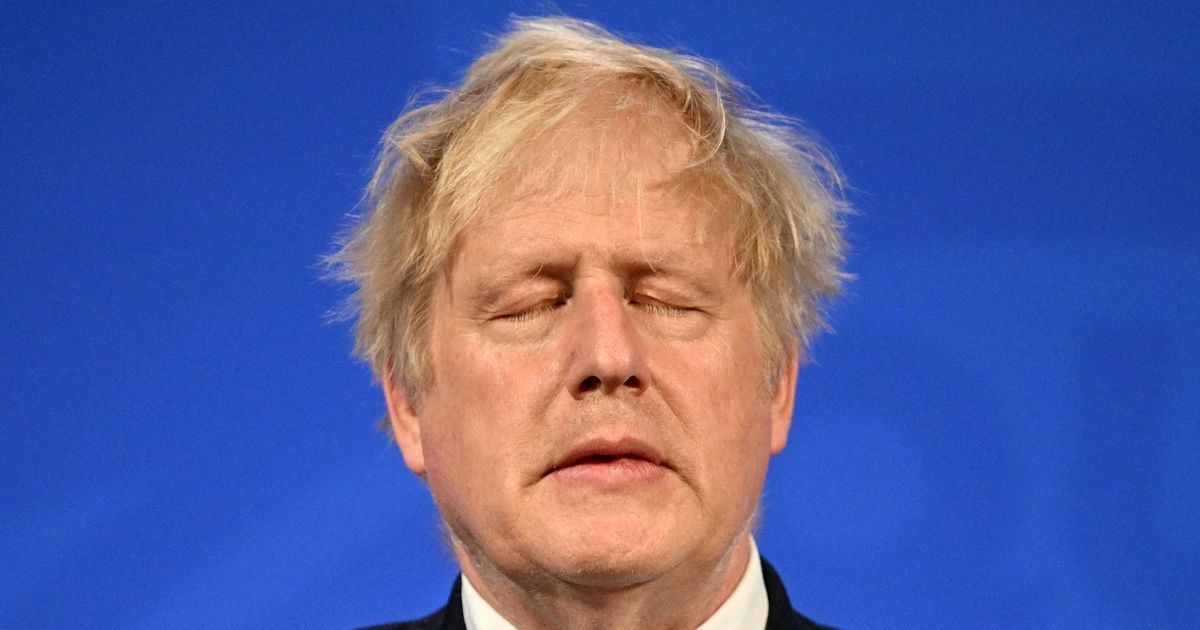Covid-19 Inquiry reveals ‘inexcusable’ failings by Boris Johnson’s government after 23,000 Brits died unnecessarily due to our leaders’ failure to act
12:29, 21 Nov 2025Updated 13:00, 21 Nov 2025
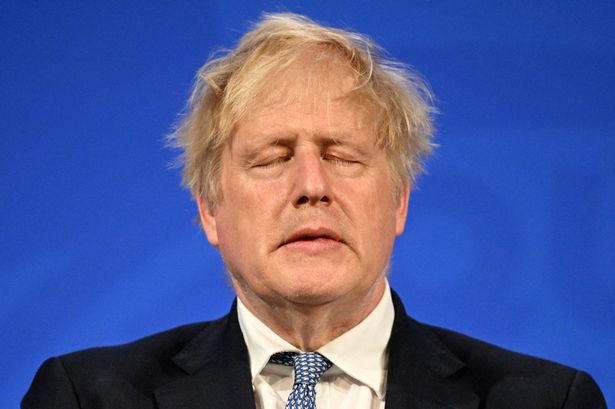 What should Britain do differently to save thousands of lives(Image: POOL/AFP via Getty Images)
What should Britain do differently to save thousands of lives(Image: POOL/AFP via Getty Images)
Top judge Baroness Heather Hallett has delivered her damning verdict on how the country was run during the Covid-19 pandemic – and insists lessons must be learnt. The inquiry chair concluded that Boris Johnson ’s government did “too little, too late”. Now our current leaders, including Prime Minister Sir Keir Starmer, begin grappling with the landmark report’s findings and what it means for the country going forward.
Baroness Hallett summed it up in the final line of her chair’s statement: “Unless the lessons are learned and the fundamental change is implemented, the human and financial cost and sacrifice of the Covid-19 pandemic will have been in vain.” Here we explore four crucial things the government could have done differently during the pandemic.
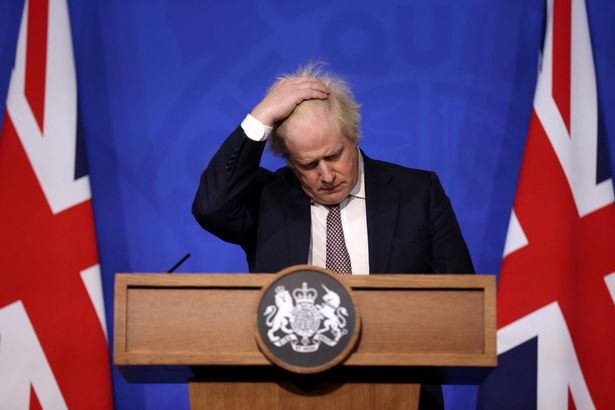 Reluctance to impose any restrictions on our lives ultimately lead to the need for full lockdown(Image: POOL/AFP via Getty Images)READ MORE: Covid Inquiry concludes Boris Johnson’s late lockdowns killed thousandsREAD MORE: Boris Johnson Covid rule breaks and Partygate ’caused huge distress’, inquiry finds1. Impose restrictions early – to avoid bigger ones later
Reluctance to impose any restrictions on our lives ultimately lead to the need for full lockdown(Image: POOL/AFP via Getty Images)READ MORE: Covid Inquiry concludes Boris Johnson’s late lockdowns killed thousandsREAD MORE: Boris Johnson Covid rule breaks and Partygate ’caused huge distress’, inquiry finds1. Impose restrictions early – to avoid bigger ones later
Lady Hallett said that ministers were too slow to impose softer “proportionate and sustainable” measures that would have limited the spread of the virus. Government promotion of regular hand washing and the wearing of masks in some public spaces could contribute to minimising viral spread. There are an escalating set of options the government could have used instead of doing nothing – and then implementing a full national lockdown.
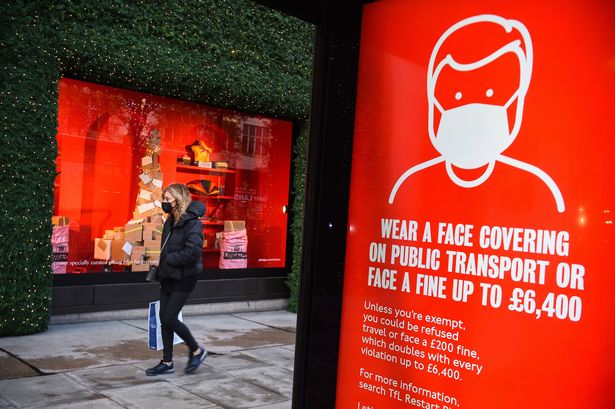 Advice to wear masks could have been introduced earlier(Image: PA)
Advice to wear masks could have been introduced earlier(Image: PA)
Others include advising people not to shake hands, to social distance where possible, right up to closing some public venues such as pubs. All of these are preferable to a full lockdown. Lady Hallett wrote: “Had stringent restrictions short of a mandatory lockdown been introduced earlier than March 16 2020 – when the number of Covid-19 cases was lower – the mandatory lockdown might have been shorter or, conceivably, avoided entirely.”
2. Back Britain’s scientists to carry out contact tracing
Lack of NHS testing capacity meant that testing everyone who had Covid symptoms had to be abandoned early in the pandemic once “community transmission” was established in the UK. Boris Johnson’s government then outsourced contact tracing rather than beefing up existing NHS and local public health laboratories. These call centres were run by outsourcing firms such as Serco and employed many call handlers with no medical background on the minimum wage.
When told they had been in contact with an infected individual, many members of the public refused to comply with their instructions to stay home and self-isolate. What irked many was the branding of these outsourced call centres as “NHS Test and Trace” – when they were completely separate to our National Health Service. The Covid-19 Inquiry cited a report by the Public Accounts Committee which outlined that this privatised contact tracing system failed to control the national outbreak.
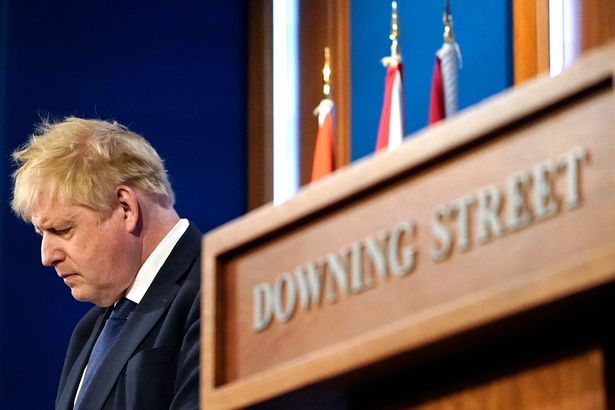 Mr Johnson’s Tory government decided to outsource contact tracing(Image: POOL/AFP via Getty Images)
Mr Johnson’s Tory government decided to outsource contact tracing(Image: POOL/AFP via Getty Images)
It heard from a number of eminent UK scientists and public health leaders who pointed out that the NHS and local councils already had contact tracing operations in place, for existing viruses. They just need to be given the investment to rapidly scale up. As Lady Hallett pointed out in her foreword: “It became clear that the test and trace system was inadequate for a pandemic, as a result of flawed pandemic planning. Yet still [Government] failed to make necessary steps. This meant a national lockdown became more likely.”
3. Keep everyone onside
Public messaging is crucial in a national emergency and the report highlighted how our pandemic government repeatedly undermined its own health advice. Boris Johnson proudly declared in a press conference in March 2020 that he was still shaking hands with people at a time when the Government’s scientific advisers were calling for people to stop doing exactly that.
The PM and his Chancellor Rishi Sunak attended gatherings in Downing Street in the Partygate scandal and this had a devastating effect on public compliance. Mr Johnson’s chief adviser Dominic Cummings broke lockdown rules and drove his family from London to Country Durham, while Health Secretary Matt Hancock was forced to quit for breaking social distancing rules after being photographed in a romantic embrace with a co-worker.
This all destroyed any idea that the country was all in it together. A YouGov survey found that, of the 46% of people who reported that they were unlikely to follow restrictions over Christmas 2021, 21% stated that this was because “Government don’t stick to rules/Downing Street parties”
The Covid-19 Inquiry report stated: “Controlling the virus was dependent on the public understanding the risk they faced and acting accordingly. The ‘Stay at Home’ campaign was effective at maximising compliance in the first lockdown, but its simplicity had risks, such as discouraging those needing to seek help of medical treatment from leaving home. Allegations of rule breaking by ministers and advisers caused huge distress and undermined public confidence.”
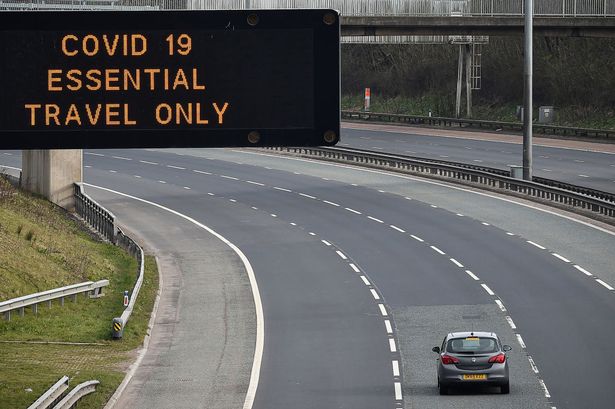 Lockdowns are the final lever to pull as a last resort(Image: Getty Images)4. And if you have to lockdown… don’t delay
Lockdowns are the final lever to pull as a last resort(Image: Getty Images)4. And if you have to lockdown… don’t delay
The Covid-19 Inquiry concluded that 48% of deaths during the first wave – 23,000 of people who died – could have been avoided if lockdown had been brought in just a week earlier. Baroness Hallett said that in February 2020 the British government failed to act given the growing awareness of the threat of the new virus spreading from China.
In her conclusion, top judge Baroness Hallett said: “The Covid-19 virus spread around the world rapidly and caused untold misery and suffering. The number of deaths across the UK for which the virus was responsible is now over 230,000. This appalling loss of life resulted from the virus spreading across the UK in three successive waves.”
In her report’s foreword, she added: “The inquiry does not advocate for national lockdowns, far from it. Restricting people’s liberty in such a draconian fashion, with all th devastating consequences, should be avoided if at all possible. The governments of the UK, in taking the ultimate step to impose a mandatory lockdown, acted in the genuine and reasonable belief that it was required. They had no choice by then.”
